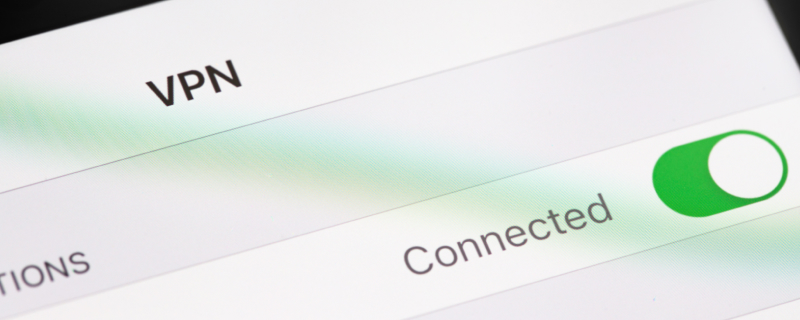
- 6 min read
- Aug 23, 2023

The digital realm has its dangers, and a VPN promises a cloak of invisibility against lurking eyes. But how invisible are you, really? Join us as GnuVPN delves deep into the intricacies of VPN protection.
At its core, a VPN does two pivotal things:
Though VPNs offer heightened privacy, thinking they render you absolutely invisible is a fallacy. Let’s clarify.
Even with a VPN, if you’re logged into personalized accounts (like Google), your actions can be tracked within that ecosystem.
Occasionally, even when connected to a VPN, DNS requests might bypass the VPN tunnel, leading to potential exposure.
VPNs vary in their logging policies. If they keep logs and are compelled legally, they might have to share user data.
Want to come as close as possible to being invisible online? Here’s how:
Services like GnuVPN don’t maintain user activity logs, enhancing your anonymity.
Always opt for VPNs offering robust encryption protocols like OpenVPN or WireGuard.
This ensures that if your VPN connection drops suddenly, your device won’t access the internet, preventing accidental exposure.
Regularly clear cookies and consider using privacy-focused browsers or extensions to counter tracking.
For an extra layer of invisibility, use your VPN in conjunction with the Tor browser. This combination makes it exceedingly difficult to trace online actions back to you.
Truthfully, while VPNs significantly bolster your online privacy, no measure can promise 100% invisibility. However, using a VPN definitely makes tracking you akin to finding a needle in a haystack.
VPNs are a powerful shield, repelling many online threats and prying eyes. Yet, it’s essential to know their limits. The journey to online invisibility is layered, but with a trusted ally like GnuVPN, you’re on the right path to maximizing your digital privacy.



